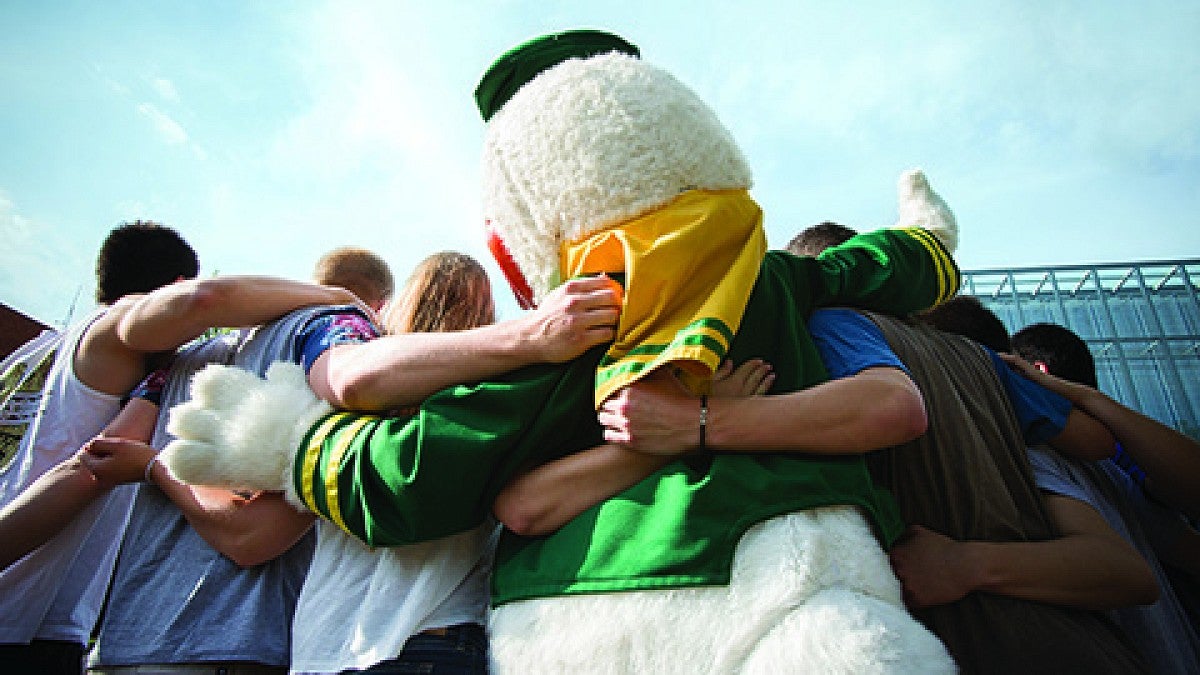The transition to life as a college student can be demanding, and for those who are undocumented or hold Deferred Action for Childhood Arrivals status, also referred to as Dreamers, the difficulties can be multiplied by uncertainty and unease.
Enter the Dreamers Working Group, the University of Oregon’s hub for supporting Dreamer and undocumented students. From counseling to financial aid and legal advising, resources are available to help students balance their academic load with other day-to-day challenges.
“Our goal is to provide resources to help Dreamer and undocumented students graduate and meet their goals,” said Justine Carpenter, assistant dean of students and director of multicultural and identity-based support services.
The UO offers a range of financial support, including scholarships, emergency funding and tuition equity for those who qualify.
Dreamers can also get connected with free and low-cost legal advising and attorney services to help them and their families navigate DACA paperwork and immigration issues.
The Dreamer Working Group maintains a blog that is filled with many other resources that are available at the UO, in the community and on a state and national level.
For their emotional and social well-being, Dreamers have access to a peer network with social gatherings throughout the year. University Counseling Services also has a staff psychologist who serves as an undocumented student specialist.
"This year, more than ever, we also want to help them make the connections and build community,” Carpenter said.
To help build a broader network of support across campus, the Dreamers Working Group offers information sessions as well as comprehensive ally trainings for faculty members and staff.
The information sessions, currently available as virtual presentations, introduce participants to the challenges facing Dreamer and undocumented students.
Ally training is a day-long program to help the UO community better understand the needs and experiences of Dreamer students. Entering its fifth year, the program has trained more than 400 Dreamer allies.
“It is my hope that all Dreamers feel supported and welcome at the University of Oregon,” Carpenter said.
More information about learning opportunities can be found on the UO Dreamers website.
—By Colleen Schlonga, Student Services and Enrollment Management


